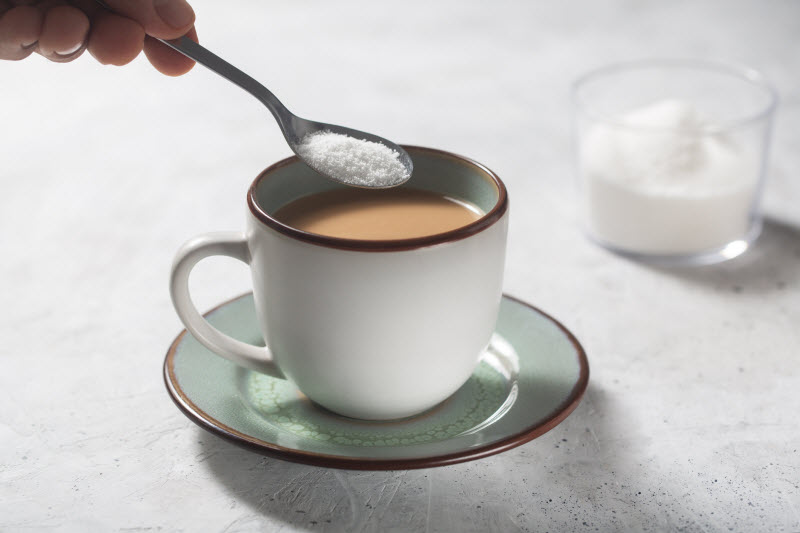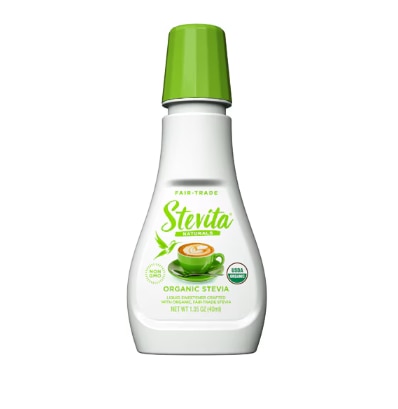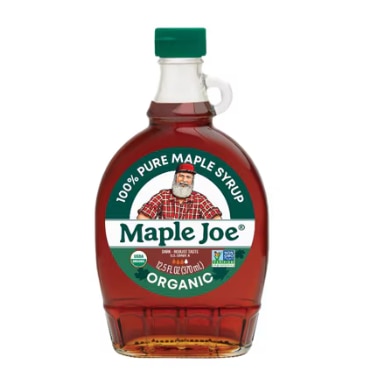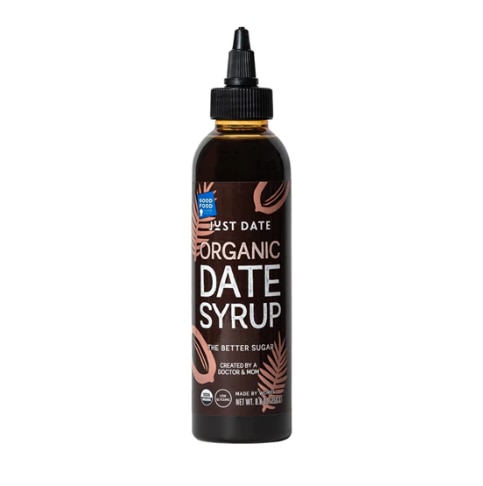Those with an incurable sweet tooth who struggle to avoid sugar sometimes turn to xylitol as a substitute.
This sugar alcohol is found in sugar-free candies and gum, ice cream and baked items such as cakes, muffins and pies.
In the past, some health experts have recommended xylitol as an alternative to sugar for patients who are trying to watch their weight.
But a new study raises concerns about the long-term health impact of xylitol. Those who consume higher amounts of xylitol may be at increased risk of cardiovascular health problems, including heart attack and stroke, according to researchers at the Cleveland Clinic.

In a study published in the European Heart Journal, the researchers found that among 3,000 patients in the U.S. and Europe, those with high levels of circulating xylitol had an increased risk of cardiovascular events over a three-year period.
The researchers emphasized that they could not prove that xylitol actually triggered the cardiovascular events. However, this is the second time these researchers have found an association between a sugar substitute and a risk of cardiovascular events.
Last year, the same team found that use of the sugar alcohol erythritol was linked to an increased risk of cardiovascular events. Erythritol is used as a bulking sugar in the popular sugar substitute stevia. It is also found in monk fruit.
What the study found about xylitol’s potential risks
The researchers warned that consumption of xylitol could increase the risk of events related to blood clots.
In the study, researchers found that xylitol caused platelets — the cell fragments in blood that stop and prevent bleeding — to clot. That raises the risk of thrombosis, the formation of a blood clot inside a blood vessel or a chamber of the heart.
When clots reach the heart, they may trigger a heart attack. Clots that break off and travel to the brain can result in a stroke.
Study participants who consumed a xylitol-sweetened drink saw every measure of clotting ability swiftly and significantly increase, according to the researchers. By contrast, those who ingested a glucose-sweetened beverage did not see a similar uptick in clotting ability.
In addition to sweets and cakes, other products that contain xylitol include:
- Children’s vitamins
- Cough syrup
- Mouthwash
- Toothpaste
- Some peanut and nut butters
- Dietary supplements
The researchers cautioned folks not to become overly alarmed about xylitol, even going so far as to note that you probably don’t need to toss your xylitol-flavored toothpaste into the trash. But they still sounded the warning that products with high levels of xylitol might pose a health risk.
Is xylitol safe to consume?
The study results are important because of the wide use of sweeteners such as xylitol, says Nancy Farrell Allen, a Virginia-based registered dietitian nutritionist and founder of Farrell Dietitian Services.
“Many processed foods contain non-nutritive sweeteners,” she says, noting that the use of such sweeteners is often recommended as a healthful alternative to some people, including patients with diabetes and others trying to lose weight.
Farrell Allen notes that xylitol itself is a natural sugar found in plants, especially fruits and vegetables. She says eating foods with natural xylitol also helps you to access vitamins, minerals and phytonutrients.
“I would be in favor of xylitol in reasonable quantities that are already within fresh fruits and vegetables,” says Farrell Allen, who is also associate professor at Rosalind Franklin University of Medicine and Science and national media spokesperson for the Academy of Nutrition and Dietetics.
Typically, whole foods contain lower levels of xylitol than processed foods, Farrell Allen says. “Ultimately, I would advocate for eating whole foods more often,” she says.
Whole foods that naturally contain xylitol in lower quantities include:
- Plums, including prunes
- Strawberries
- Raspberries
- Mushrooms
- Spinach
- Pumpkin
By contrast, processed foods tend to contain much higher levels of xylitol. Farrell Allen says xylitol is a normal byproduct of human carbohydrate metabolism, but at much lower levels that what you typically find in processed foods.
“The amount of xylitol produced in the body is 1,000 times lower than that seen in xylitol consumed as a sugar substitute in processed foods,” she says.
Because of the high level of xylitol in processed foods, it is not unusual to experience unwanted effects when consuming these foods.
“A side effect of sugar alcohols is an increase gut bloating, gas and diarrhea,” Farrell Allen says.
Using xylitol and other sweeteners safely
Farrell Allen says one key to using xylitol safely is to make sure you don’t ingest large amounts of the sugar alcohol.
“Xylitol is almost as sweet as sugar,” she says. “So, consuming natural sugar sources in limited and monitored quantities may offer less cardiac risk, less GI discomfort.”
Other ways to add a little sweetness to foods without resorting to using xylitol include:
- Eating fresh fruits or dehydrated fruit such as plums, raspberries and strawberries
- Using a touch of molasses, maple sugar or maple syrup on foods
“I enjoy date syrup on my oatmeal, or on top of Greek yogurt,” Farrell Allen says.
She also emphasizes that the researchers who found that blood clotting increased immediately after consumption of a xylitol-sweetened drink did not find the same effect after consumption of a sugar-sweetened drink.
“I teach my patients how to monitor, limit and be mindful of their natural sugar content,” Farrell Allen says.
Finally, no matter how well you can tolerate xylitol, make sure you never give anything that contains the sweetener to your pooch.
The U.S. Food and Drug Administration says xylitol is poisonous – and potentially fatal – if ingested by dogs.
Featured Products



The post Is Xylitol Safe? Some Not-So-Sweet News About This Popular Sugar Substitute first appeared on The Upside by Vitacost.com.

